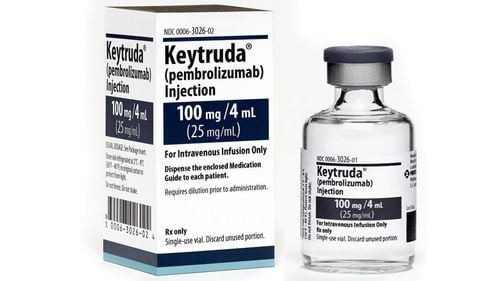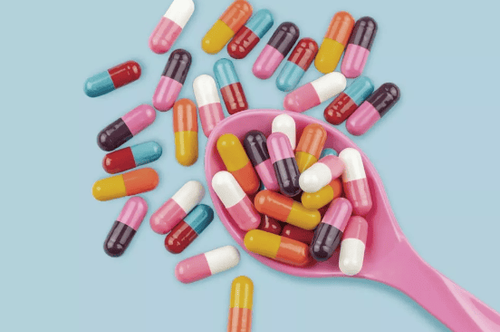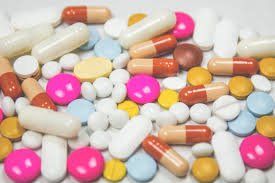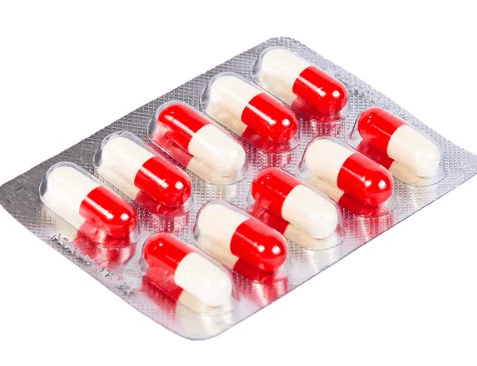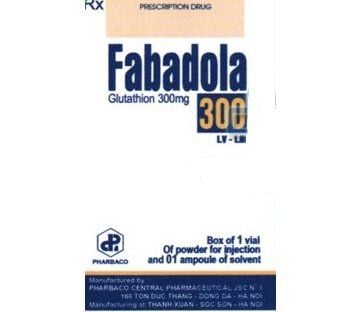This is an automatically translated article.
In the pyramid of nutrients milk is an important food for building and maintaining bone mass. Whether from cows, goats, sheep or another mammal, milk and dairy products are important sources of calcium throughout a person's life.1. What is raw milk?
Raw milk is milk that has not been pasteurized to kill bacteria harmful to humans. No matter how carefully it is produced, raw milk can still be unsafe.It is important for consumers to understand the risks associated with drinking unprocessed milk and to balance these risks with the claimed 'benefits'.
If you drink raw milk, it increases the risk of various gastrointestinal diseases, including diseases caused by microorganisms (bacteria, bugs or germs) such as Salmonella spp., E. coli disease, Staphylococcus aureus, Campylobacter jejuni and Listeria monocytogenes.
Consumers who come into contact with these organisms may experience symptoms that can range from mild discomfort (diarrhea and vomiting) to life-threatening illnesses such as listeriosis or hemolytic-uremic syndrome (HUS). lead to kidney failure in healthy people.

Sữa tươi thô là sữa chưa được thanh trùng để diệt vi khuẩn có hại cho con người
2. Pasteurization of milk reduces disease
Pasteurization of milk is an effective method to prevent outbreaks of foodborne illnesses, including tuberculosis, brucellosis, salmonellosis, scarlet fever, and listeriosis.But increasingly, consumers see “raw” milk and cheese, yogurt and other dairy products in specialty stores, farmers markets, and boutiques. That's partly because many people have adopted a "go back to nature" philosophy about the food they eat, embracing the idea that locally produced and minimally processed food is more nutritious.
But in the case of raw milk, experts say that's not true. Although heating slightly affected some of the thiamine, vitamin B6 and folic acid in the B-complex and vitamin C, these changes were not significant. Meanwhile there is a risk that the milk may be contaminated by environmental factors such as soil or animal manure, animal diseases or bacteria on animal skin.
Consumers are also seeing more fresh dairy products due to the growth of the artisan cheese industry. These cheeses are made by hand using what is considered the traditional method usually on the farm where the milk is produced. Some of these cheese makers use pasteurized milk in their products, but others use raw milk which may contain disease-causing bacteria.
Some people believe that raw milk cheese is better for you, but there is no scientific evidence to support that belief.
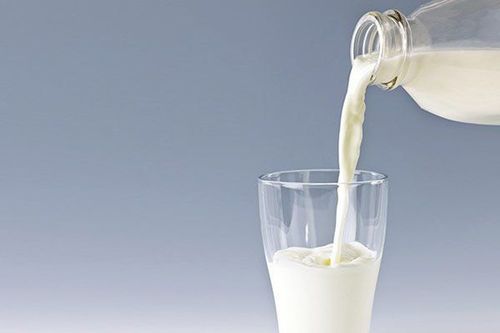
Thanh trùng sữa là một phương pháp hiệu quả để ngăn ngừa bùng phát các bệnh do thực phẩm
3. Symptoms of foodborne illness
Not all raw milk and dairy products contain harmful bacteria. But if it does, the bacteria can be especially dangerous to pregnant women, children, the elderly, and people with weakened immune systems. While most healthy people recover from foodborne illness in the short term, some people may develop chronic, severe, or even life-threatening symptoms.Symptoms of foodborne illness may include: Vomiting, diarrhea, abdominal pain, fever, headache, body aches.
If you think you may be sick from drinking raw milk or eating yogurt, cheese, or a dairy product see your healthcare provider right away.
Please dial HOTLINE for more information or register for an appointment HERE. Download MyVinmec app to make appointments faster and to manage your bookings easily.




